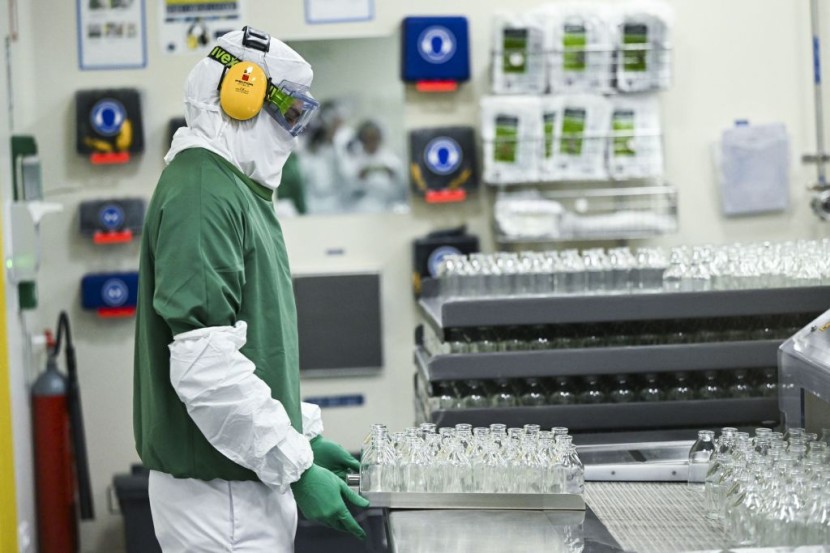Drug-resistant Staphylococcus aureus (MRSA) bacteria has been a cause for concern to the international medical community for at least 30 years. However, a new class of antibiotics has been discovered by using deep learning AI models. The use of artificial intelligence is helping scientists to create the first new antibiotics in 60 years.

"The insight here was that we could see what was being learned by the models to make their predictions that certain molecules would make for good antibiotics," James Collins, professor of Medical Engineering and Science at the Massachusetts Institute of Technology (MIT) and one of the study's authors, said in a statement.
"Our work provides a framework that is time-efficient, resource-efficient, and mechanistically insightful, from a chemical-structure standpoint, in ways that we haven't had to date."
The results, which were co-authored by 21 researchers, were published in Nature earlier in the month.
A deep-learning model was used to predict the mechanisms and potentially toxic nature of each new compound.
Deep learning methodology uses artificial neural networks to learn and present information gleaned from data without needing to be programmed to do so. The severity of MRSA infections ranges from skin infections to life-threatening conditions such as pneumonia and bloodstream infections.
Euronews reports that nearly 150,000 MRSA infections occur in the European Union, annually.
Around 39,000 compounds were evaluated for their potential antibiotic properties against this particular infection. The learning models identified an organic compound found in trees to be a new weapon in fighting drug-resistant infections. Researchers acquired 280 such compounds and tested them in the lab.
This method allowed for the discovery of two candidates in the same class, each of which were found to reduce the MRSA infection in mice by a factor of 10.








